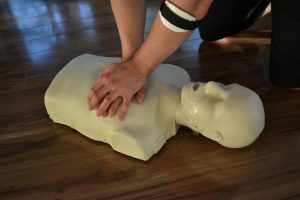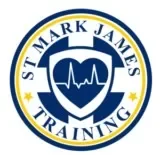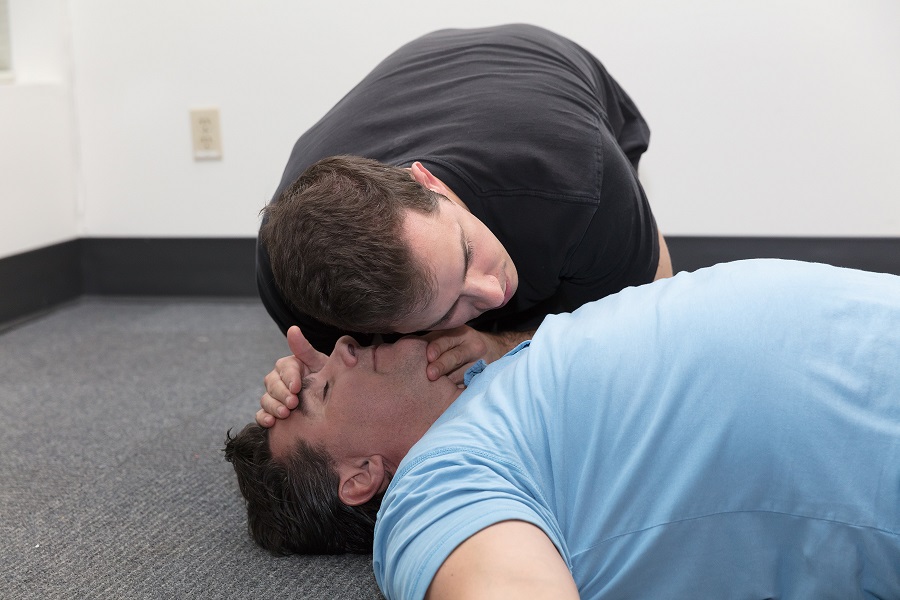A 43-year old man died after sustaining a sting by a wasp, although his family claims that he had not showed any signs of an allergy.
Daniel Koch was checking beneath a table to pinpoint a nest of a wasp at his property in Maple Grove when a wasp flew out and delivered a sting on his face. In just minutes, his father, Terry Koch, saw Daniel collapse.
The family keeps bees on the properly thus an EpiPen is always on hand, but the reaction was too rapid. Daniel died while on the way to the hospital after Terry administered an EpiPen and executed CPR.
Danger of insect bites and stings

The coroner reported to the family that Daniel died from a severe allergic reaction to the sting. In such cases, his air passages closed.
Daniel was checking for the nest of the wasp since his mother got stung earlier in the week. According to Terry, his son was in good health and despite being stung by a wasp last year, he had no signs of a severe allergy to stings.
According to allergy specialists, it is uncommon to have a deadly allergic reaction with no previous signs, but it is not unusual to end up with allergies at any phase in life.
Around 1% of the population face the risk for an allergic reaction to insect stings. The case of Koch is rare since most individuals experience hives or other signs of an allergy before. Allergies can arise at any age but cases of fatal or near-death reactions to insect stings usually involve adults over 40, when most are likely to take heart medications such as beta blockers or have an underlying condition involving the narrowing of the coronary artery.
According to Dr. Donald Stark, the site of the sting can worsen the reaction. In Koch’s case, the wasp might have inserted the venom into an artery in the face, resulting to a rapid reaction.
Why first aid training counts?
As part of care for allergic reactions, it is vital to undergo first aid training or enrolling in a first aid and CPR course. Severe allergic reactions involve the respiratory system and cardiovascular system; thus, prompt action can help save a life.
For more information about this story, click here to read now.
LEARN MORE
Learn how to help by enrolling in a first aid training class and for more information, check out these sources:
WebMD – CPR Treatment: Essential First Aid for Cardiac Emergencies
Mayo Clinic – First Aid CPR: Basics of Cardiopulmonary Resuscitation
Better Health Victoria – First Aid Basics and DRABC/D: Essential Skills for Emergencies

